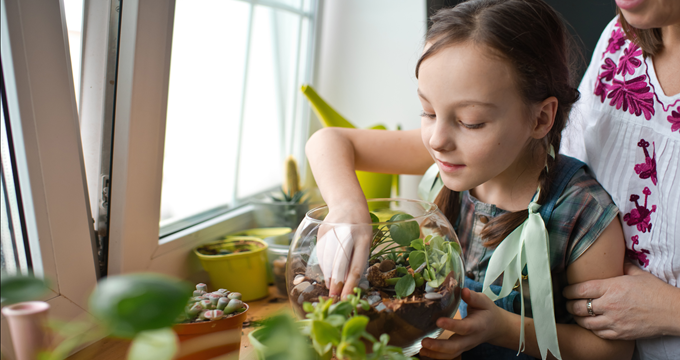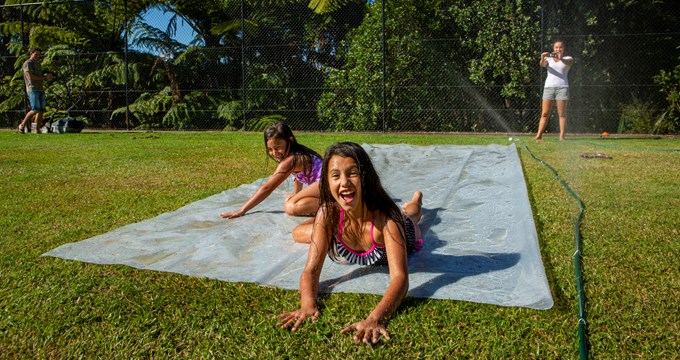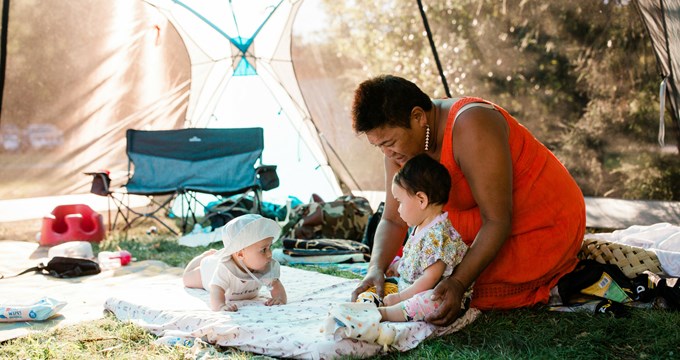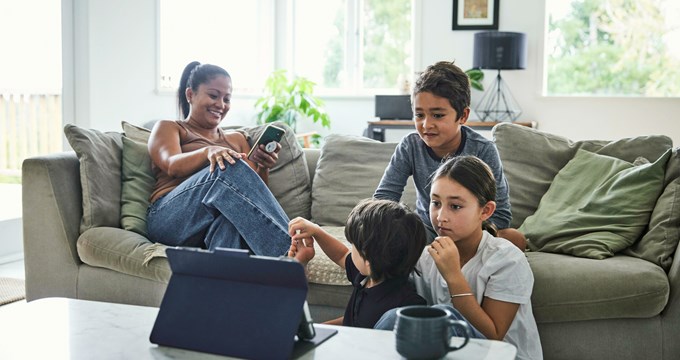October is Breast Cancer Awareness Month so it’s a good time to think about what you can do to reduce the risk of a diagnosis. Breast Cancer Foundation NZ estimates that 3,300 women and 25 men in New Zealand will be diagnosed with breast cancer each year. But it turns out that something as simple as walking could help keep you off that list.
A study of more than 73,000 postmenopausal women with an average age approaching 63 indicated a 14% lower risk of breast cancer when walking at a moderate pace (about 5 km/h) for an hour a day, compared to women who lived a more sedentary lifestyle. The risk was reduced by 25% for women who engaged in an hour or more of strenuous exercise.
Cut your cancer risk one walk at a time
Doctors believe that walking – and exercise in general – aids in breast cancer prevention because it has an effect on oestrogen. Breast cancer is scientifically linked to oestrogen exposure – higher exposure means a higher risk of breast cancer. And older women who participate in physical activities like walking tend to have lower levels of oestrogen than women who lead a less active lifestyle.
Here’s more good news: walking is something that nearly every woman can do to protect herself. It also decreases body fat, lowers insulin levels (high insulin levels are linked to breast cancer) and helps reduce inflammation that contributes to cancer growth. What’s more, walking strengthens your heart, lungs and bones. And it’s free!
There are other easy ways to lower your breast cancer risk, in addition to your daily walk:
- Dial in your diet. Load up on cruciferous veggies like broccoli, dark greens like spinach, berries and foods high in fibre. All of these may help to aid in breast cancer prevention.
- Put down the cocktail. Limiting your alcohol intake is one of the easiest things you can do to lower your breast cancer risk. If you must indulge, try and stick to no more than one alcoholic beverage each day.
Schedule that mammogram
- While a lump in the breast, breast swelling, new breast pain or a rash on the breast are common physical symptoms of breast cancer, there are certain situations where there are no physical symptoms at all. So, make sure you’re scheduling your mammograms regularly.
- Breast Cancer Foundation NZ recommends that women start to consider having yearly mammograms from the age of 40. Through a program called BreastScreen Aotearoa, women between the ages of 45 and 69 can have a free mammogram every two years. For more information and to check the eligibility requirements for this program, visit timetoscreen.nz/breast-screening/ or call 0800 270 200.
- Mammograms are still the best way to screen for breast cancer and since breast cancer risk does continue to increase with age, you should regularly talk with your doctor about your breast screening requirements, even after age 70. From teenage years and beyond, get to know how your breasts normally look and feel, so you’ll be alert to any changes.
It’s hard to find activities that don’t take up all of your time and cost nothing. There are even fewer activities that help protect you against the cancer that one in eight women will develop in her lifetime.
So go on, lace up those sneakers and fight back against breast cancer one step at a time.
This article has been published with the permission of the author, who used the following sources:
Breast Cancer Foundation NZ
Recreational Physical Activity and Leisure-Time Sitting in Relation to Postmenopausal Breast Cancer Risk
Hildebrand J.S, Gapstu S.M, Campbell P.T, Gaudet M.M, Patel A.V, Recreational Physical Activity and Leisure-Time Sitting in Relation to Postmenopausal Breast Cancer Risk. Cancer Epidemiol Biomarkers Prevention, October 1 2013, (22) (10) 1906-1912; DOI: 10.1158/1055-9965.EPI-13-0407.
Disclaimer:
The information published here should not be taken as medical advice, or as an endorsement of the author. At Fidelity Life, we try hard to make the information we publish accurate and helpful to you, but we cannot guarantee its accuracy and we aren’t liable for any action you take as a result.




